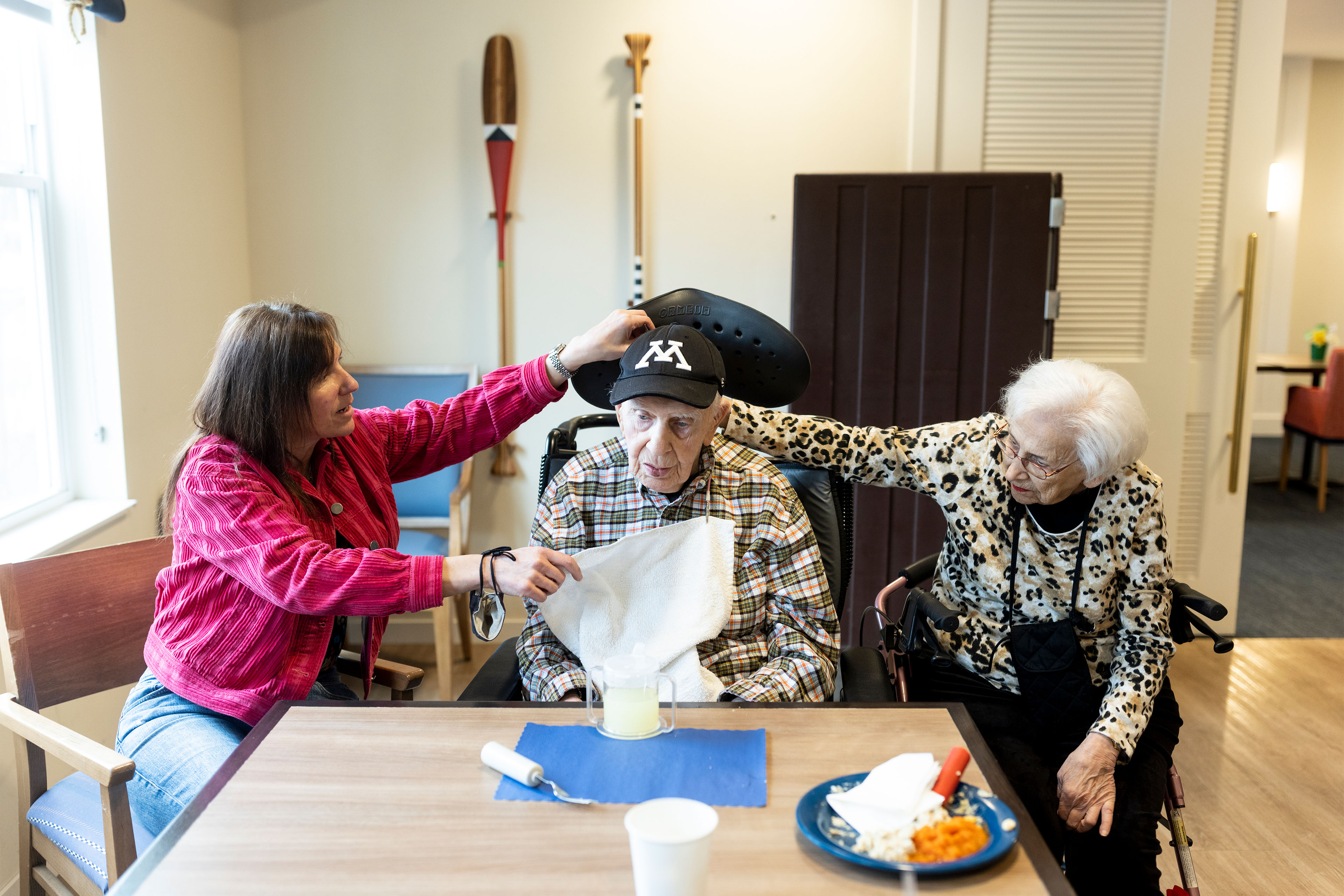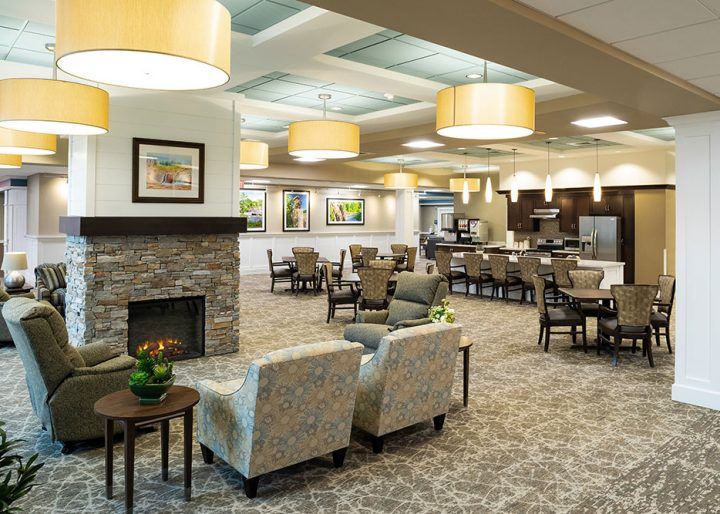Understanding Just How Aided Living Sustains Individuals With Dementia Care Requirements
Aided living centers are progressively identified for their critical role in resolving the complicated care requirements of patients with dementia. By using an organized yet nurturing atmosphere, these facilities not only promote safety and wellness yet likewise promote a feeling of autonomy via individualized care strategies.
Overview of Dementia Treatment
Dementia treatment is progressively vital as the occurrence of dementia-related problems rises among aging populaces. This expanding market fad requires a comprehensive understanding of mental deterioration and the various techniques to care. Mental deterioration includes a range of cognitive problems that interfere with every day life, affecting memory, reasoning, and communication capacities. The problem can vary dramatically in its discussion, needing customized care approaches to meet individual demands.
Efficient dementia treatment involves a multidisciplinary method, integrating clinical, emotional, and social assistance. Health care experts, caregivers, and member of the family have to collaborate to create a caring setting that promotes the health of individuals with dementia. Secret components of mental deterioration treatment include personalized treatment plans, cognitive stimulation treatments, and behavior interventions focused on boosting high quality of life.
Furthermore, it is necessary to acknowledge the psychological and psychological challenges dealt with by both clients and caretakers. Education and training for caretakers play a crucial role in fostering understanding and empathy, consequently improving interactions with those impacted by dementia. As the demand for dementia care continues to climb, the emphasis must stay on supplying caring, person-centered treatment that appreciates the self-respect and preferences of people dealing with this problem.
(Dementia Care Charlotte)
Role of Assisted Living Facilities
Assisted living facilities play an important function in providing take care of individuals with mental deterioration, providing a helpful environment that balances self-reliance with the required assistance. These centers are developed to accommodate the special requirements of homeowners, advertising a sense of community while ensuring security and wellness.
In an assisted living setting, trained team member supply 24/7 support, aiding with daily activities such as bathing, dressing, and drug monitoring. This level of care is vital for individuals with dementia, who might have problem with these tasks as a result of cognitive decline. Additionally, facilities usually include memory-enhancing programs and social tasks customized to promote cognitive performance and urge social interaction.
The physical environment of nursing home is also optimized for security, including safe and secure entryways, well-lit pathways, and clear signage to assist homeowners browse their environments. These neighborhoods promote a sense of belonging, decreasing the feelings of seclusion that individuals with dementia might experience.
Personalized Care Plans
To guarantee that each resident gets one of the most proper treatment, personalized treatment strategies are crucial in assisted living centers for people with dementia. These plans are customized to meet the special requirements, preferences, and difficulties encountered by each resident, advertising their self-respect and lifestyle.
The development of a customized treatment plan generally begins with a thorough assessment conducted by health care professionals. Assisted Living. This evaluation examines the person's cognitive capabilities, physical wellness, psychological well-being, and social preferences. Input from member of the family and the resident themselves is essential, as it offers useful understandings right into their history, routines, and individual interests
Once the assessment is full, a multidisciplinary group collaborates to produce a treatment plan that lays out specific objectives and interventions. This may consist of drug monitoring, daily living support, and behavioral strategies customized to minimize anxiousness or agitation.
Normal testimonials and updates to the treatment plan guarantee it remains relevant as the person's problem progresses. Memory Care. By prioritizing individualized treatment, assisted living centers can improve the overall well-being of citizens with mental deterioration, cultivating a setting that respects their originality while resolving their care needs successfully
Involving Activities and Socializing
Engaging activities and socialization play an essential function in enhancing the lifestyle for citizens with dementia in assisted living centers. These activities are designed to stimulate cognitive feature, advertise check out here emotional health, and foster links amongst citizens. Structured programs, such as art treatment, music sessions, and memory therapy, provide chances for individuals to share themselves artistically while likewise setting off favorable memories.
Socialization is just as crucial, as it combats sensations of isolation and isolation that can accompany mental deterioration. Team activities, consisting of games, group outings, and public dining, urge interaction and aid locals construct helpful relationships with peers and caretakers. This sense of area not just enhances their day-to-day experiences but additionally contributes to a much more stable emotional atmosphere.
Additionally, involving tasks can be tailored to private choices and cognitive degrees, ensuring that each citizen can get involved meaningfully. By creating an environment that prioritizes interaction and social communication, aided living facilities can dramatically improve locals' total psychological wellness, promoting a feeling of objective and belonging. Ultimately, these initiatives are crucial elements of thorough mental deterioration treatment, significantly affecting residents' overall wellness and happiness.
Benefits of Neighborhood Assistance

In addition, area support promotes social interaction, which is vital for cognitive and emotional health. Engaging with peers and taking part in group tasks can enhance mood and encourage memory, adding to a better feeling of belonging. This social interaction is vital, as solitude and isolation can worsen cognitive decline.

(Memory Care Charlotte)
Final Thought
In final thought, aided living centers offer as vital settings for individuals with mental deterioration, offering organized assistance that cultivates both self-reliance and security. The application of personalized care plans ensures that each local's distinct needs are met, while involving tasks promote social interaction and cognitive engagement.